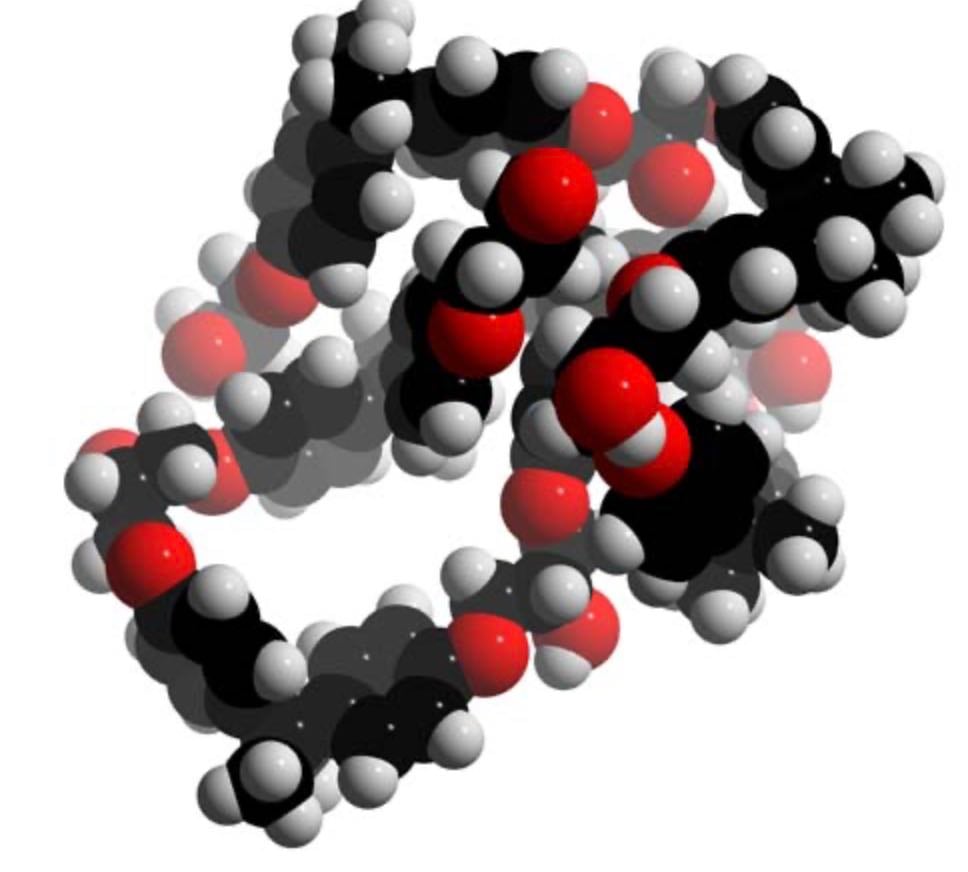There are different types of epoxy chemistry, and each has unique properties and applications and should be chosen carefully, depending on the end use condition and exposure. Here are some of the main differences and where they are commonly used:
- Bisphenol A (BPA) epoxy resins: These are the most commonly used epoxy resins and offer excellent adhesion, chemical resistance, and mechanical properties. They are used in various industries, such as aerospace, automotive, construction and marine.
- Novolac epoxy resins: These resins have a higher crosslink density than BPA epoxy resins, making them more rigid and offering better thermal stability and chemical resistance. They are commonly used in high-temperature applications and in secondary containment systems where chemical resistance is necessary.
- Cycloaliphatic epoxy resins: These resins offer excellent UV resistance, color stability, and water resistance, making them ideal for outdoor applications. Further, they can offer more chemical resistance in immersion environments than standard BPA epoxy formulations.
- Glycidylamine epoxy resins: These resins offer superior toughness, flexibility, and impact resistance, making them suitable for applications where high strength and durability are required. They are used in coatings, composites, and adhesives for automotive, aerospace, marine, and construction industries.
- Flexible epoxy resins: These resins offer excellent flexibility, toughness, and impact resistance, making them ideal for applications where shock absorption, crack bridging and vibration dampening are required. They are commonly used as a 1st step in waterproofing or crack bridging when applying resinous floors in different construction market segments.
It's essential to select the right epoxy resin for the intended application, taking into account factors such as mechanical and chemical properties, durability, temperature resistance, UV resistance (UV resistant epoxy blog link), and other environmental factors. Consulting with a High Performance Coating representative can help identify the best epoxy for a particular application.
Check out these additional resources
Formulation Matters
Surface Tolerant Coating Application
Three Critical Questions
The Science Behind Coatings

